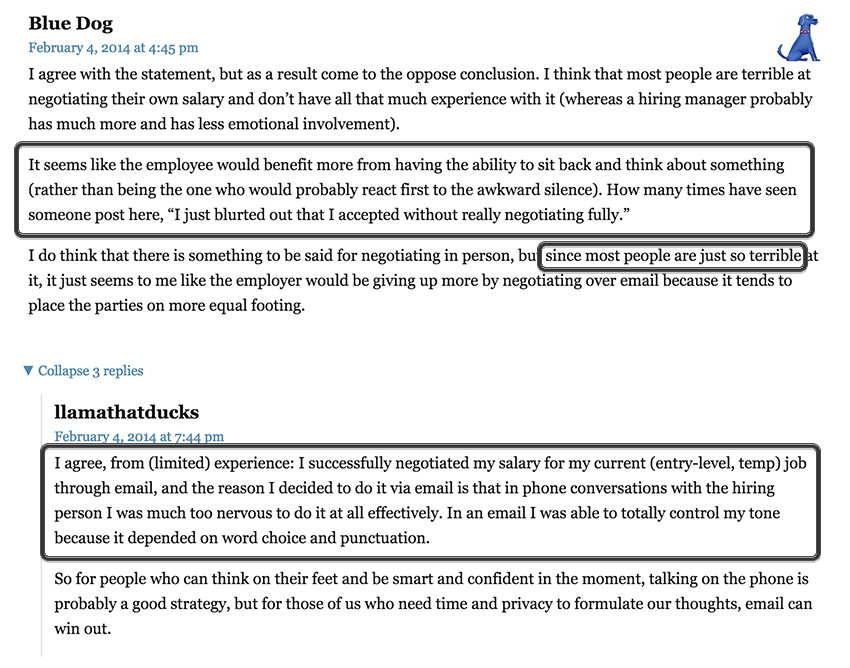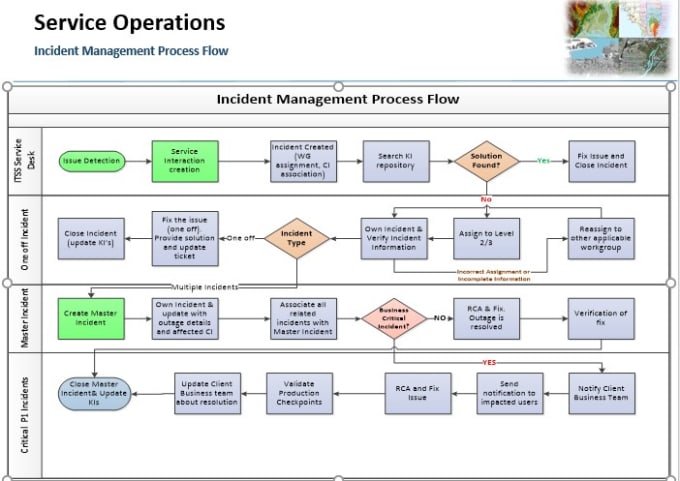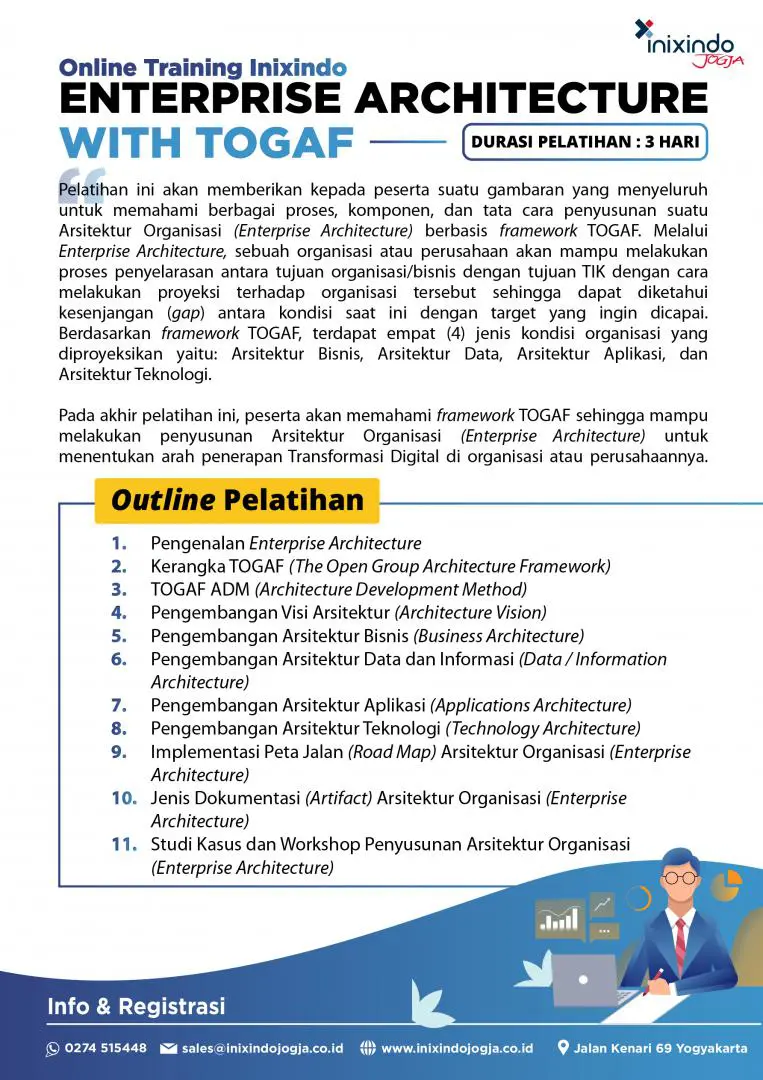While filing for bankruptcy is never simple Chapter 7 tends to be the most straightforward and efficient form of bankruptcy. Also the cost for filing Chapter 13 can start at 3000 higher than for Chapter 7.
The main difference is that the flag for a Chapter 13 bankruptcy is removed from the debtors.

What's the difference between chapter 7 and chapter 13. Chapter 7 bankruptcy can be considered straight bankruptcy while chapter 13. However declaring bankruptcy is not without consequences. If you have assets you want to keep Chapter 13 could be the right bankruptcy program for you.
The biggest difference between Chapter 7 and Chapter 13 is that Chapter 7 focuses on discharging getting rid of unsecured debt such as credit cards personal loans and medical bills while Chapter 13 allows you to catch up on secured debts like your home or. Difference Between Chapter 7 and Chapter 13 Bankruptcy Chapter 7 and Chapter 13 Bankruptcy A person who is not able to pay his debts usually files for bankruptcy. If you are running a sole proprietorship however Chapter 13 might be a viable option.
This is because Chapter 13 works by reorganizing your debt as opposed to totally wiping it clean. Our knowledge helps our clients put their bankruptcy filings behind them. This is because Chapter 7 typically results in the liquidation of the entire company and Chapter 13 is not available for business entities.
Under Chapter 7 a debtors assets are sold off to pay the lenders creditors in a process called liquidation. Chapter 13 offers an immediate and near-guaranteed debt relief while Chapter 13 provides a more favorable repayment option to avoid foreclosure. Its not an ideal credit situation of course but you can use the time to manage your debts wisely and make consistent on-time payments.
Many Chapter 7 cases can be resolved within a matter of months. Chapter 7 bankruptcy remains on your report for up to 10 years and Chapter 13 stays there for up to seven years. Chapter 13 on other hand is more of a negotiation since debtors filing under this chapter still receive a regular income and with that they can negotiate a payment plan to.
Bankruptcys protected repayment period lasts up to five years. Unlike Chapter 7 where your assets are sold in order to fund debt repayments people who file for Chapter 13 bankruptcy get to keep their assets. The main difference between Chapter 7 and Chapter 13 is that a Chapter 7 will allow the debtor to eliminate all dischargeable unsecured debt whereas the Chapter 13 would allow for payments to be made on those debts.
Initially Chapter 7 and Chapter 13 have the same effect on a credit score which diminishes over time. Learn when Chapter 7 bankruptcy is a better choice than Chapter 13. The main difference between Chapter 7 and Chapter 13 bankruptcy is in the way the debt payment is structured.
A Chapter 13 repayment plan by contrast can take anywhere from three to five years. Chapter 13 is not quite as common but still accounts for 20 of the cases filed in the state of Nevada. The remaining balance doesnt have to be paid back.
In a chapter 13 you are required to pay some of your debt back. With Chapter 7 most creditors receive payment only from your savings and the proceeds of the sale of your assets. There are many other subtleties and only the best Athens bankruptcy lawyers know how to take full advantage of these subtleties.
With Chapter 13 most creditors receive only the money you pay under your repayment plan and the remaining balance is discharged. Chapter 7 is a popular choice because unlike Chapter 13 it doesnt require filers to pay back a portion of their debts. Thats the difference between Chapter 7 and Chapter 13 in a nutshell.
Most people who file for bankruptcy choose to use Chapter 7 if they meet the eligibility requirements. Perhaps the biggest challenge with Chapter 13 is its rigidity. It however takes a much different approach than Chapter 7.
Here are the basic principles behind Chapter 13 bankruptcy. In most cases you dont repay all of your debt when you file for either Chapter 7 or Chapter 13. The Main Difference Between a Chapter 7 and Chapter 13 is Debt Forgiveness The big difference between the two main types of bankruptcy has to do with debt forgiveness.
Rescuing Your Business Chapter 11 is generally the best way to alleviate your liabilities without going out of business. Both Chapter 7 and Chapter 13 present debtors with very appealing options to recover from their current financial crisis. If you miss a payment your bankruptcy will be dismissed youll lose your court protection and youll again owe the full amount of your debts.
Unlike Chapter 7 that liquidates almost everything you own a Chapter 13 will only reorganize your debts and give you more time to settle them usually between three to five years. With a Chapter 7 personal bankruptcy you essentially are wiping the slate clean. There are some other interesting differences between chapters and that in some cases it makes financial sense to file a chapter 13 even though you are eligible for chapter 7.
Chapter 7 and chapter 13 are the two types of bankruptcy that are normally filed by persons who have failed to settle their debts. Chapter 7 is generally more affordable compared to Chapters 13 and provides a relatively quicker way to get out from under your debts.
/what-is-chapter-7-bankruptcy-316202color-355f125a28264491a0cac1313e2c914b.jpg)









